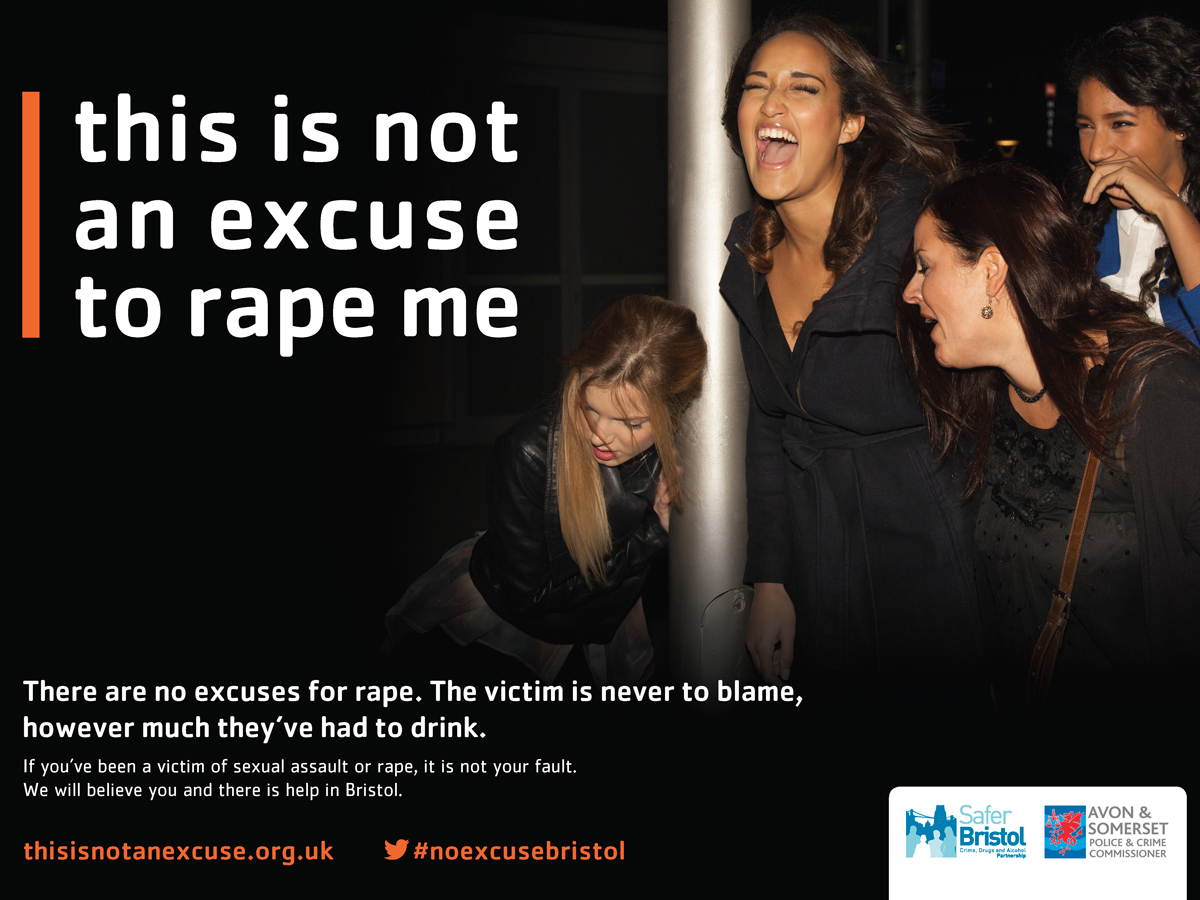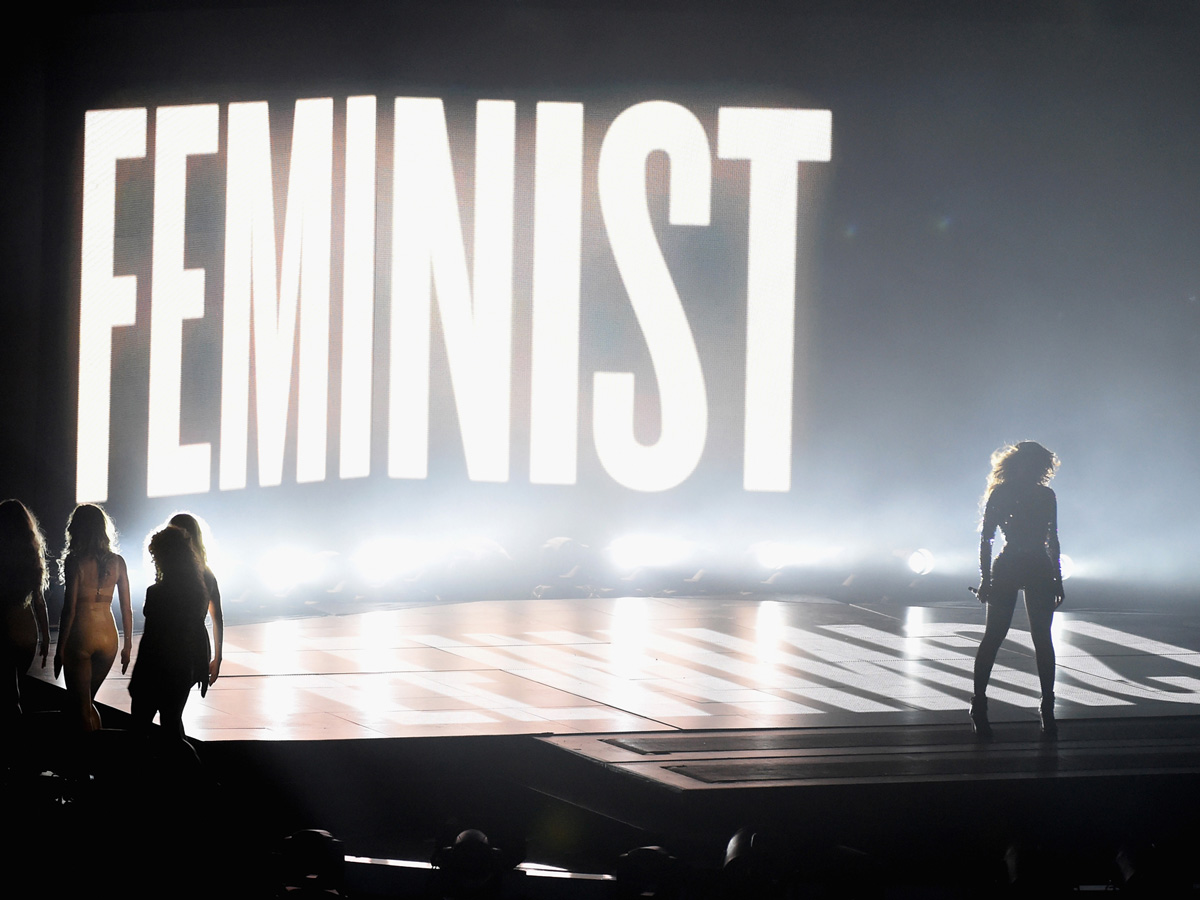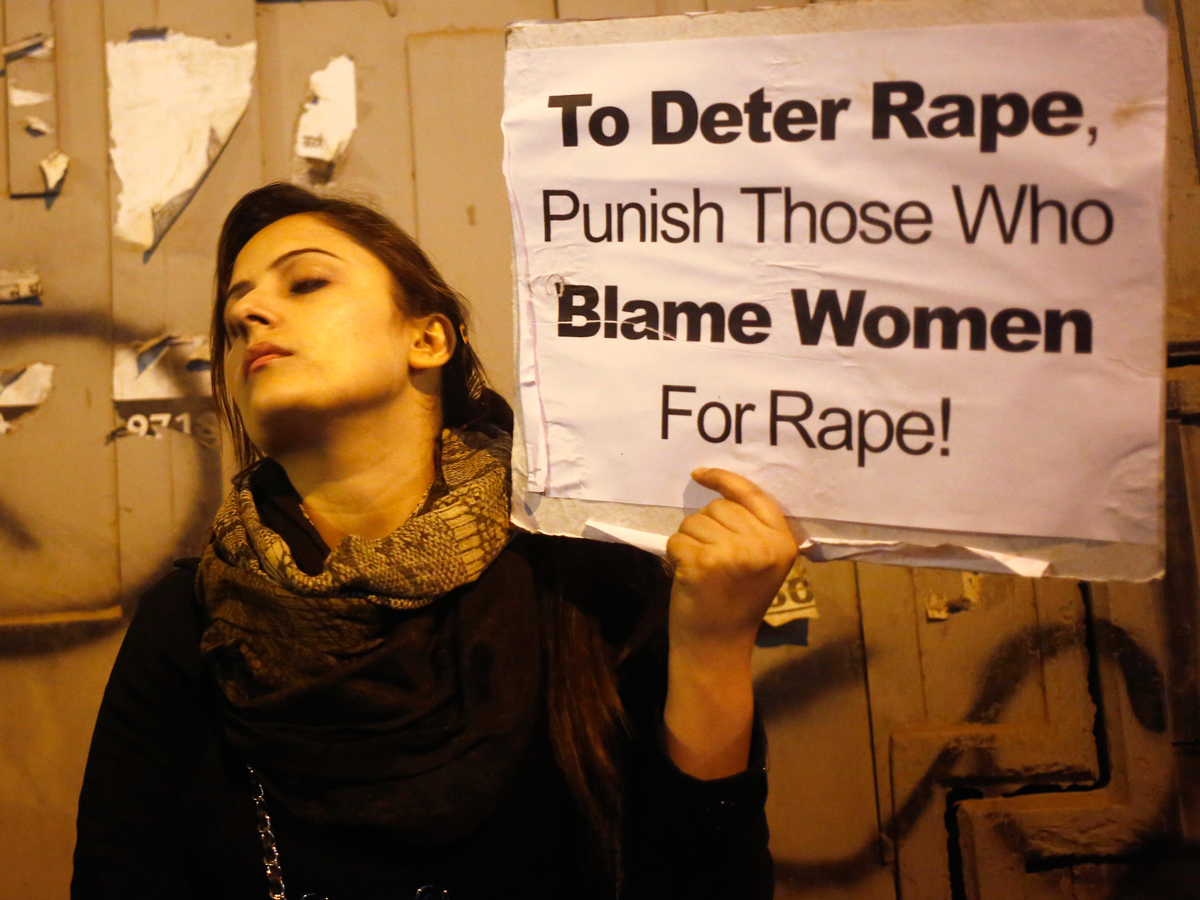Why Are We So Unwilling to Recognise Rape Culture
Zahra Wynne explores rape culture and how ingrained in our society it is, asking when we will stop blaming the victim.
(Trigger warning: rape)
Peter Nunn, a Bristol local, has just been sentenced to 18 weeks in prison for the harassment of Walthamstow Labour MP, Stella Creasy. The delivery driver used Twitter as a means to send Creasy an onslaught of abusive messages, including harrowing threats such as ‘I’m going to rape your a*** at 8pm’. In court, Nunn’s defence was that it was ‘just a joke’ and that at the time he thought it was ‘really, really funny’. He also defended his actions as a demonstration of his ‘free speech’. Though some might see this as nothing but a foolish man with too much time on his hands and too little empathy for those around him, I can only see it as rape culture once again rearing it’s ugly head.
I can only see it as rape culture once again rearing it’s ugly head.
Rape culture is everywhere – yet its existence is still so heavily contested. It’s a bleak result of the sexism, gender inequality and lack of respect for women’s bodies, which is so ingrained in our daily lives. Rape, a heinous and life-ruining crime, is normalised day in and day out, through jokes, attitudes towards victims and denial. Rape is something that we are only taught to protect ourselves against, rather than challenging the ideas that lead people to rape in the first place. Upon attending university, you’re more likely to receive a rape alarm and be told ‘not to talk home alone’, than be asked to participate in a workshop on sexual consent. This is the acceptance of rape, the placing of responsibility into victim’s hands.
Rape is something that we are only taught to protect ourselves against, rather than challenging the ideas that lead people to rape in the first place.
A common objection I get to highlighting rape culture is ‘well you’re told to not flash your iPhone around, you’re told to lock your doors, is there a robbing culture?’ The difference between getting mugged and getting raped is the absolutely devastating invasion of your body to the most intimate degree that rape entails. Rape is used a weapon to exert power, to strip away the dignity of the victim. Once you get mugged, the police will not question whether you were ‘asking for it’. Your peers won’t consider the fact that you were lying. You won’t potentially feel ashamed to tell your family or your partner, and experience trauma. Perpetrators are aware of the incredibly low conviction rates. Rape is a crime that is more powerful a weapon than anything when you consider the sheer amount of both physical and psychological damage that it can inflict. So when it is joked about daily, when victims are continually second guessed, when rape becomes a ‘fact of life’ – that is rape culture. What Peter Nunn considered to be a ‘really funny joke’ is something that has destroyed lives beyond measure.
…when rape becomes a ‘fact of life’ – that is rape culture.
Rape culture comes in the form of denying victims the benefit of the doubt, and this is something we see even in celebrity culture. Take Ched Evans, a professional footballer who had played for both Sheffield United and Manchester City. Although his alleged victim had chosen to remain anonymous, Twitter users took to social media to name and shame her, and send her hateful messages, including calling her a ‘money-grabbing w****’. Though it may seem extreme to you, this is not a rare view in society. Rape victims are routinely called out for being ‘gold-diggers’ or ‘slags’ – just another variation of ‘you asked for it’.
In the case of Nunn, when he harassed another woman, prominent feminist Caroline Criado-Perez, he told her ‘you’re hot, how can you blame a man for wanting to rape you, take it as a compliment’. Rape – a compliment. When on trial, Nunn admitted that although this was not a compliment, ‘she should just take it as “you’re beautiful”’.
‘she should just take it as “you’re beautiful”’.
Charming.
I wish I could say that this is uncommon, but it isn’t. Many a night walking past drunken ‘lads’, you will have shouted at you a disgustingly graphic account of what they want to ‘do to you’. If you respond, you’re often told that you’re ‘overreacting’ or that ‘it was only a compliment’. What in their warped minds is a ‘compliment’ is, to the other party, a violent threat.
It seems that people are so uncomfortable with facing up to the fact that they may be contributing to such a system, that they would rather protest it’s existence until they’re blue in the face than work to challenge its causes. It seems that people’s complacency in society is doing just as much to add fuel to the fire. Bystanders can be just as damaging as perpetrators. You’re constantly told that it’s only the actions of a few who are causing these issues. People want to believe that rape is only committed by the scary man in the dark alley, that it only happens when the victim is in a vulnerable position. In fact, rape is commonly committed by somebody known to the victim, in a situation where they thought they were safe. Sexual assault is rife in places that are meant to be safe havens, such as university campuses, as seen with the highly publicised case of the young woman at Columbia University who is carrying her mattress around with her in protest to her rapist not being expelled.
Sexual assault is rife in places that are meant to be safe havens
Luckily, with the growing uproar that is being heard against rape culture, some universities are starting to fight back. The University of Bristol, for example, passed a motion aimed at ending rape culture, almost a year ago. Many campaigns have been launched around campus, such as ‘Consent Is Sexy’ and ‘Bust A Myth’ – intended to raise awareness about sexual consent (a feature which is dearly lacking in higher education) and end myths about rape. Currently in the University’s main library, there are posters everywhere with the slogan ‘this is not an excuse to rape me’. This is a fantastic reactionary stance against rape culture. We all remember that poorly thought out NHS poster that had a clear victim-blaming message and caused uproar. Posters like the ones thought up by the union officers at Bristol University challenge the perpetrators, rather than the victims, of sexual assault. As well as this, an even more substantial campaign is in the running in the form of compulsory consent workshops. Already in use at Cambridge University, Bristol hopes to launch these soon – a departure from the ‘rape alarm and don’t walk alone’ crap that students have been subjected to for too long.
The aim is to make women feel safe on a night out and to try and minimise the effects that rape and lad culture can have on nightlife
I spoke to this year’s Women’s Officer at the University of Bristol, Megan Armstrong, about her thoughts on rape culture and what her plans were for this year to tackle it. Although she realises that the process to end such an ingrained and pervasive issue like rape culture will not be instant, it seems that a lot of positive progress is already being made. Working with the anti-street harassment organisation ‘Hollaback!’, Megan is building her campaign ‘Good Night Out’, intended to end harassment in all nightlife atmospheres, including bars, pubs and clubs. With nightlife being the number one environment where rape culture can make people feel unsafe and disrespected, this campaign is clearly incredibly necessary. The aim is to make women feel safe on a night out and to try and minimise the effects that rape and lad culture can have on nightlife, with staff in these venues being trained to help provide a safe environment. Good Night Out is becoming a very visible campaign throughout the University, and hopefully it will have a marked effect not just on Bristol but also on all universities across the UK.
For systems such as sexism and gender inequality to be dismantled, rape culture has to come down with them too.
Rape Culture, as we can see demonstrated not just by Nunn but by countless attitudes across the world, is an issue that needs to be tackled. With the rise of social media, it’s only becoming more prominent, with threats, abuse, jokes and trolling turning the issue of rape culture into a phenomenon that is clearly visible. Although people and groups across the UK and the world are beginning to recognise the detrimental effect that it has on society, a much bigger push is needed to finally put an end to this culture that has become so normalised. Instead of wasting time analysing and denying it’s existence, why not take positive steps to challenge and end it. For systems such as sexism and gender inequality to be dismantled, rape culture has to come down with them too.
How can we make a difference? How ingrained in society do you think rape culture is? Let us know: @rifemag
If you’ve been affected by any of the issues in this article, please contact Bristol BASE Project, who help young people who are sexually exploited.
Related Links:
Don’t Let Brooker’s Case Turn You Into a Victim Blamer by Zahra Wynne
Four Reasons Not to Sleep with a Virgin by Adibah Iqbal









